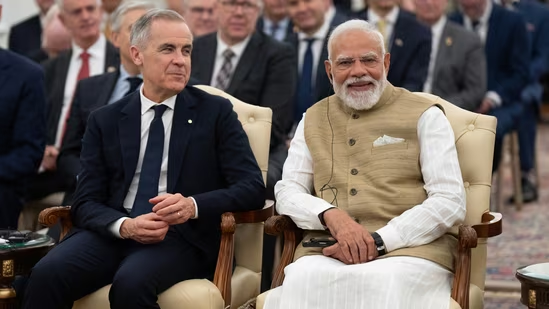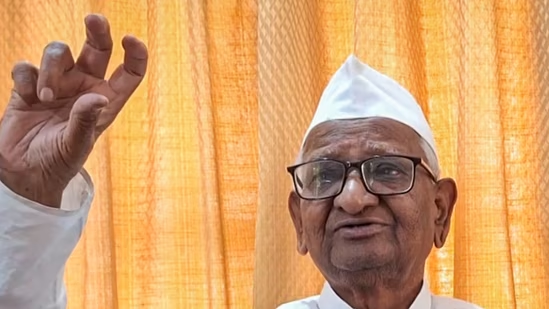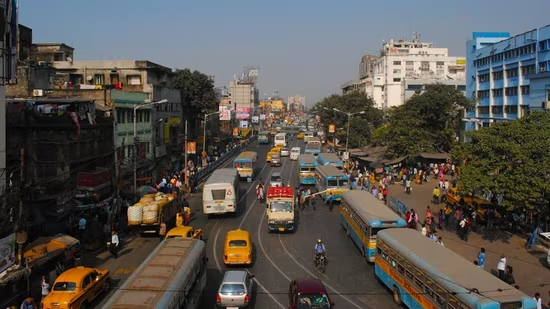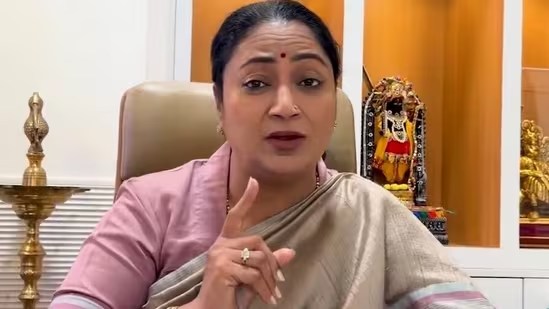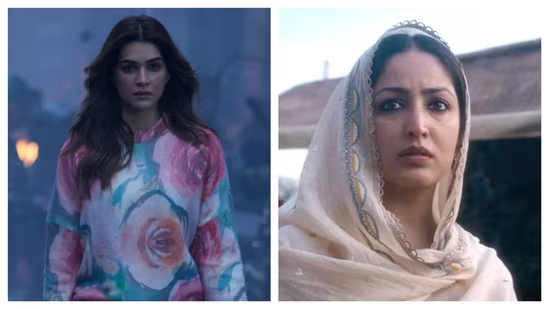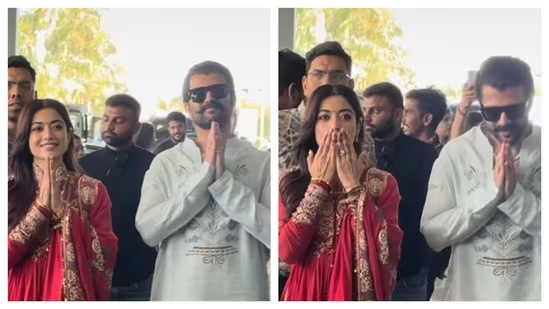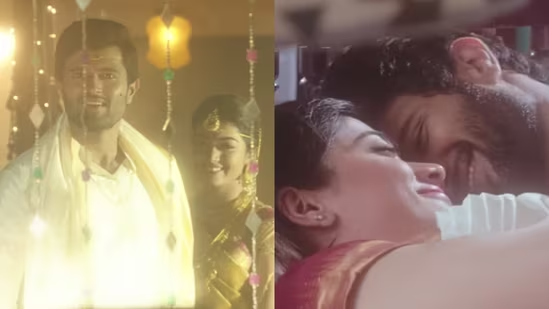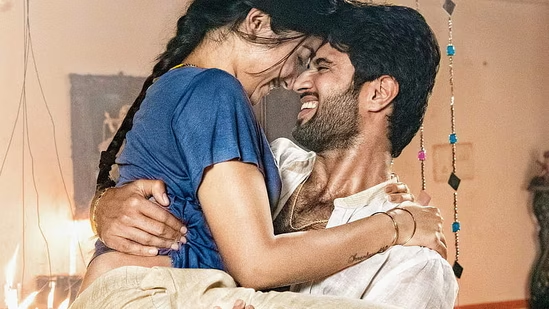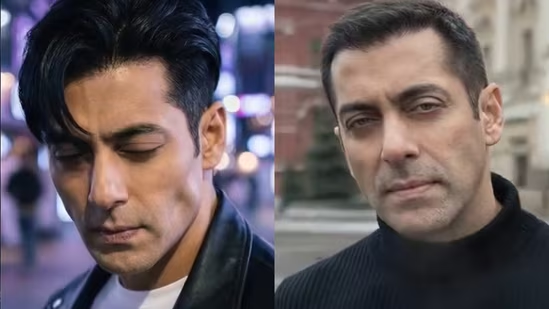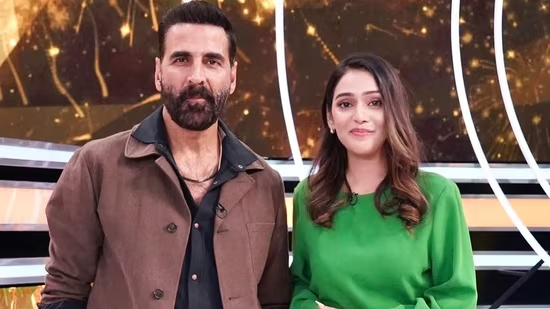Discover the powerful story of unity, sportsmanship, and maternal love at the Paris 2024 Olympics. Learn how two athletes and their mothers inspired a message of peace between India and Pakistan.
In a world often dominated by borders and conflicts, a javelin flew through the air at the Paris 2024 Olympics, symbolizing more than just athletic prowess. It carried with it the hopes and dreams of two nations, India and Pakistan, often seen as adversaries. This moment, centered around the remarkable performances of Arshad Nadeem of Pakistan and Neeraj Chopra of India, transcended sports and became a powerful symbol of unity and sportsmanship.
The story of their achievements was made even more poignant by the words and actions of their mothers, Saroj Devi and Raziah Parveen. Their expressions of love and pride for both athletes, despite their nationalities, reminded the world of the shared humanity that exists beyond the lines drawn on a map. In a time of division, their words offered hope for unity.
The Symbolism of Sports in a Divided World
Sports have always been a unique platform where differences are set aside in favor of mutual respect. At the Paris 2024 Olympics, Arshad Nadeem and Neeraj Chopra stood as symbols of hope, not just for their respective countries, but for the world. Nadeem’s golden throw and Chopra’s silver-medal performance captured the hearts of millions, not only because of their athletic achievements but also because of the respect and camaraderie they showed toward each other.
Their success was further amplified by the heartfelt words of their mothers. Saroj Devi, in a moment of profound humility, referred to Arshad Nadeem as “our son,” while Raziah Parveen expressed that she saw Neeraj as her own son as well. These simple yet powerful words carried a message of peace, unity, and shared pride that transcended the geopolitical tensions between India and Pakistan.
The Role of Mothers in Shaping a New Narrative
Mothers have always played a crucial role in shaping the narratives surrounding sports. Throughout history, their influence has often guided athletes in their approach to competition and sportsmanship. The story of Odessa Clay, Muhammad Ali’s mother, is a prime example. Her calming influence reminded Ali to approach his matches with respect, even during his most intense rivalries.
Similarly, Oracene Price, the mother of tennis legends Venus and Serena Williams, instilled in her daughters the values of humility and respect, which became evident in their conduct on and off the court. Yvette Prieto, the mother of Michael Jordan, taught him discipline, respect, and hard work—values that became the cornerstone of his legendary career.
Novak Djokovic’s rise in tennis was also significantly shaped by his mother, Jelena Djokovic. Growing up in war-torn Serbia, his mother’s unwavering support helped him overcome numerous challenges to become one of the greatest tennis players in history.
The words of Saroj Devi and Raziah Parveen at the Paris Olympics continue this tradition of maternal influence. Their expressions of love and pride for both athletes served as a reminder that sports are ultimately about people, not just countries. Their comments challenge the narrative of rivalry between India and Pakistan, offering instead a vision of mutual respect and shared humanity.
Sports as a Bridge Across Divides
The ability of sports to bridge divides and foster mutual respect is well-documented. One famous example is the 1998 FIFA World Cup match between Iran and the United States, where players exchanged flowers and gifts despite political tensions. Another is the “Ping Pong Diplomacy” of the 1970s, which helped thaw relations between the United States and China.
The 2010 FIFA World Cup in South Africa also transcended divides, uniting people from diverse backgrounds in celebration. These moments highlight the potential of sports to act as a bridge across divides, fostering mutual respect even in challenging circumstances.
The Paris 2024 Olympics, with the performances of Arshad Nadeem and Neeraj Chopra, and the words of their mothers, added another chapter to this legacy, showing once again how sports can bring people together.
A Hopeful Response from the World
The words of Saroj Devi and Raziah Parveen did not go unnoticed. In an age where social media often amplifies division, their comments sparked a wave of positive reactions. People from around the world took to online platforms to express their admiration for the inclusivity and affection these mothers showed toward both athletes. Many praised their words as a model for how we should view international relations, particularly between India and Pakistan.
This response reflects a broader desire for peace and unity, even in contexts traditionally dominated by rivalry. It suggests that there is a yearning for moments that transcend political and social divisions, and that sports can serve as a platform for these moments. In this sense, the words of Saroj Devi and Raziah Parveen were not just about sports; they were about the kind of world we all hope to live in—a world where mutual respect and admiration can coexist with competition.
The Legacy of Paris 2024
As we reflect on the events of the Paris 2024 Olympics, it is clear that the performances of Arshad Nadeem and Neeraj Chopra, and the words of their mothers, have left a lasting impact. Their story is a reminder of the power of sports to unite people, bridge divides, and foster mutual respect. Even in a world often characterized by conflict and division, there is room for unity and shared humanity.
The legacy of Paris 2024 will not only be about the medals won or records broken. It will be about the moments of grace and sportsmanship that transcended competition, offering a glimpse of what is possible when we focus on our shared humanity rather than our differences. The words of Saroj Devi and Raziah Parveen will be remembered as a powerful example of this, offering a hopeful vision for the future—one where sports continue to serve as a bridge across divides, bringing people together in a spirit of mutual respect and admiration.






